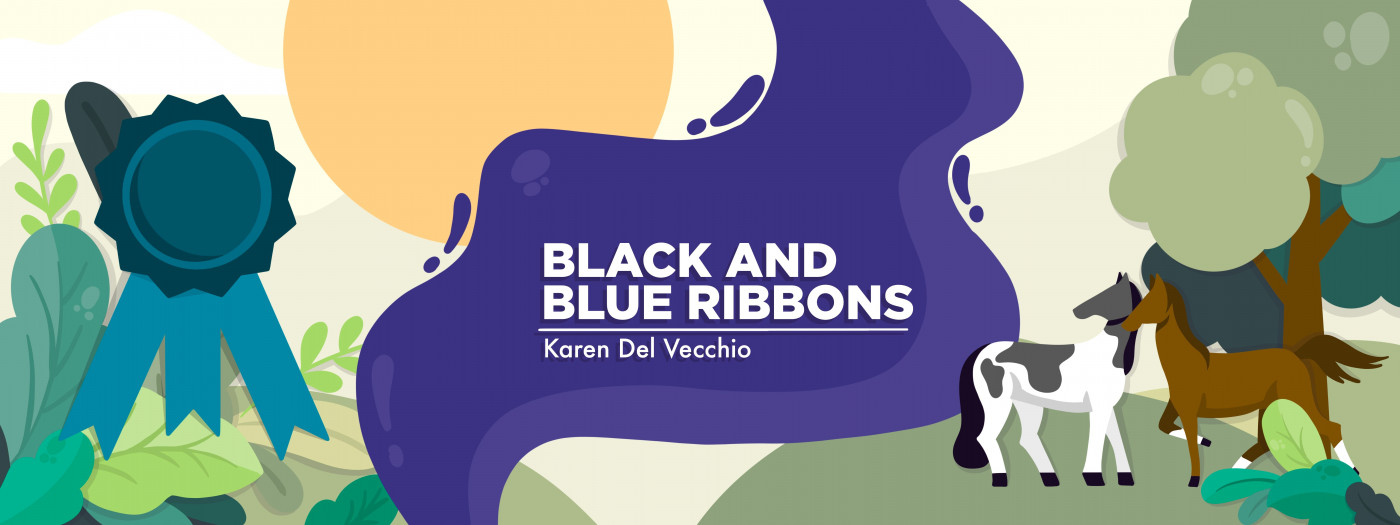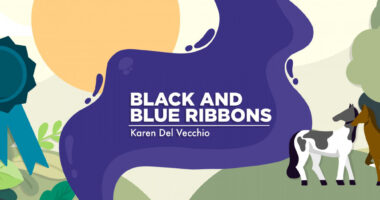How a survey about chronic pain reflects my own observations
My ability to ride horses makes life with Ehlers-Danlos syndrome more bearable

As a teacher and postgraduate counselor, I’m used to going nonstop this time of year, but I still try to at least glance at a number of publications to stay on top of what’s happening in the world of education.
Sometimes these news outlets highlight short excerpts about important research. Last week, I stumbled on one of those quick takes, “Mental Flexibility is Key to Protecting Wellbeing in People with Chronic Pain,” which was originally on the April 11 episode of “The Academic Minute” podcast. In it, Joanne Dickson of Edith Cowan University in Australia talks about a relatively small survey of 315 Australians who were asked about “their mental wellbeing, goal flexibility and persistence, pain intensity, and how much pain interfered with their everyday pursuits that mattered to them.”
Her remarks were based on the 2023 article “The Role of Adaptive Goal Processes in Mental Wellbeing in Chronic Pain,” published in the International Journal of Environmental Research and Public Health. Almost 90% of the participants were women.
I connected with what Dickson said about the overall results:
“Pain that disrupted daily life activities, rather than the intensity of the pain itself, was shown to pose the biggest threat to a person’s mental wellbeing. It seems people can find ways to maintain their mental wellbeing — even when their pain intensity is high — providing it does not interfere with their engagement in meaningful daily activities.”
When I read this, I immediately saw myself.
If I can’t do what I want to do because of my Ehlers-Danlos syndrome and its accompanying pain, I get frustrated. I didn’t know what to do with myself, especially early in my diagnosis, when I had to stop doing some activities that I used for stress relief, like playing soccer. How do you rearrange your world when its centerpiece is suddenly gone? You feel off-kilter.
Luckily, I’d become involved with horses, so I shifted my focus from the soccer community to the equestrian one. I quickly fell even more in love with everything about horses. Beyond my simply engaging in the fun and athletic pursuit of riding, my horse love was because of their incredible intelligence, their trust, and the relationships between them and humans.
Unlike in soccer, where much of your experience depends on those around you, equestrian sports have allowed me infinite levels of adjustment. If I’m having a bad pain flare, I can just take a “hack,” or basically wander around the farm. If I’m doing well, I can choose to enter a competition.
And I don’t have to compete at the upper levels, which are much more dangerous and physically demanding. I can stay at the lower levels and still challenge myself in a million different ways. While watching younger riders begin, learn, and move past me on the competition circuit used to eat at me, I’ve found that I genuinely no longer care.
Why? Because I can still ride. I can still be with my horses and enjoy every aspect of life with them. It’s something I do because I enjoy it, and while I’m glad to compete sometimes, that’s not my driving factor. It’s taken a shift over the years, but I found that those survey results tell a resounding truth for me: As long as I can keep horses in my daily routine, even if I adjust what that means on occasion, it’s a good day.
I’m incredibly lucky to be able to do that, and that’s enough.
Note: Ehlers-Danlos News is strictly a news and information website about the disease. It does not provide medical advice, diagnosis, or treatment. This content is not intended to be a substitute for professional medical advice, diagnosis, or treatment. Always seek the advice of your physician or another qualified health provider with any questions you may have regarding a medical condition. Never disregard professional medical advice or delay in seeking it because of something you have read on this website. The opinions expressed in this column are not those of Ehlers-Danlos News or its parent company, Bionews, and are intended to spark discussion about issues pertaining to Ehlers-Danlos.








Alicia Harris
Being a newly diagnosed young woman with the EDS felt like a mask was removed from the mystery of the years of chronic pain, trips to the ER and numerous doctor's referrals. I appreciate that this article expressed that using strategies and flexibility can provide me with a new outlook to reduce pain flares that re occur when we are not mindful to move our Hypermobile bodies with more grace and care. I give Gratitude to the EDS Clinic and phenomenal caring staff at the Mayo Clinic of Jacksonville Fl along with amazing Pain Management team at the University of Miami Hospital. Many of these rare medical conditions take a medical army to help their patients manage. Thank you for sharing your story.